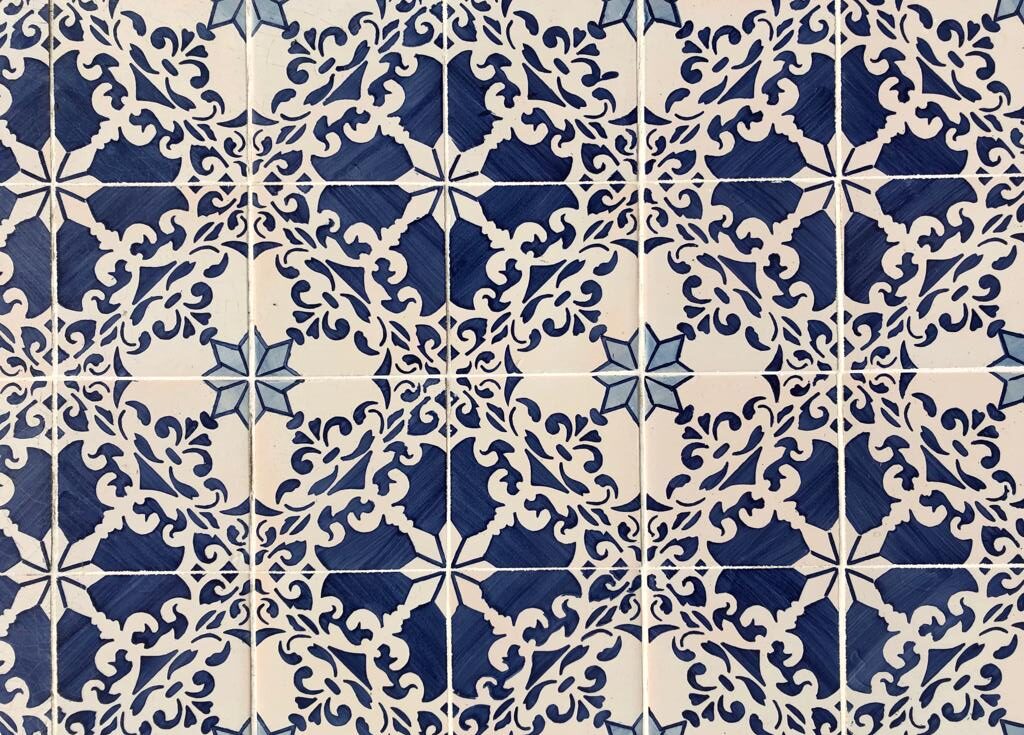
Portugal
30 mars 2025
Portugal is rich of its joyous and colourful culture, filled with ancient know-how and techniques. Portuguese landscapes are full of well known – and renowned – fine crafts that are internationally famous. Leatherworking, shoe making, ceramics, textile, there are numerous fields of expertise in this successfully exporting country. Many monuments, facades, palaces shine through their azulejos, traditional earthenware tiles often painted in white and blue. Fastuous and old patrimonial buildings are enhanced with beautiful authentic or modern colours, sculptures, decors.
Workshops, open doors, discoveries … Discover the Portuguese events directly on the map.
Le Portugal est riche d’une culture et d’une histoire qui regorgent de savoir-faire ancestraux. Ses paysages et ses villes colorées abritent des métiers d’art connus et reconnus à l’international. Maroquinerie, botterie et chaussures, céramique, textile, nombreux sont les champs d’expertise du pays qui en fait un export fructueux. De nombreux monuments, façades, palais présentent leurs azulejos, carreaux de faïence traditionnels souvent bleus et blancs. Le fastueux et ancien patrimoine bâti se pare de couleurs authentiques ou modernes, de sculptures et de décors d’une grande beauté.
Porte ouvertes, initiations, ateliers, découvrez la programmation sur la carte en ligne.